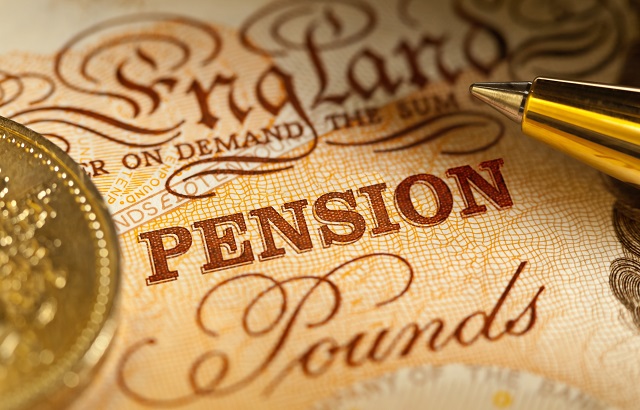The pensions lifetime allowance will grow slightly in the next financial year after the Consumer Prices Index (CPI) inflation figures were published on 21 October.
Considering that inflation subdued in September, the increase will only be 0.5%.
This means that the lifetime allowance will rise by £5,800 to a total of £1,078,900 ($1,407,510, €1,191,720) in 2021/22.
As a result, savers will be entitled to an extra £1,450 in tax-free cash.
Address issues
Tom Selby, senior analyst at AJ Bell, said: “While a lifetime allowance of over £1m might sound like a king’s ransom, for a healthy 65-year-old it would buy a single-life annuity paying less than £28,000 – assuming full tax-free cash entitlement is taken – a decent income but below the average salary in the UK.
“The lifetime allowance has been cut repeatedly from a high of £1.8m in 2011/12, creating unwelcome complexity on the way.
“Although clearly dealing with unnecessary complexity in the pension tax system is not a priority at the moment, at some point we hope the government will address these issues.
“We know complexity combined with constant moving of the goalposts puts people off saving for their future, something which as a country we need to be encouraging more people to do.”
Good news for pensioners
The publication of the CPI data also told retirees how much their state pensions will be uprated.
The majority of industry players believe that, with inflation at 0.5%, the government is expected to keep its pensions triple lock promise and increase pensions by 2.5%.
But Ian Browne, pensions expert at Quilter, explained that, while the government will undoubtedly try to stick to its manifesto promises, a 2.5% rise is not set in stone.
“The Department for Work and Pensions (DWP) has discretion in setting the rate at which state pension benefits will increase and are yet to confirm the exact figure they will use in 2021/22, although a 2.5% increase is widely expected.
“If they do so, recipients of the individual full basic state pension will receive a £3.40 a week boost to their pension income next year, receiving £137.65 a week. Recipients of the new style state pension will receive an extra £4.40 a week at £179.60 a week.
“This is despite a challenging economic backdrop in which many workers are taking a cut to their pay packet, are working fewer hours than they would like, or have lost their jobs altogether,” Browne added.
Where will the money come from?
But Steven Cameron, pensions director at Aegon, raises issues on how the government will be able to afford such increases.
He said: “Since April 2019, the state pension has received an above inflation increase with the 3.9% increase in April 2020 2.2% higher than price inflation and next year’s exceeding inflation by a further 2%.
“While this will be welcomed news in a difficult climate for pensioners, concerns remain over both the affordability and intergenerational fairness of maintaining the triple lock.
“The state pension is not funded in advance but on a ‘pay as you go’ basis from today’s workers’ National Insurance contributions.
“The chancellor will no doubt be facing difficult decisions over whether he can afford to retain the triple lock as he supports the economy through wave two of the pandemic and looks ahead to getting the nation’s finances back on track.”








